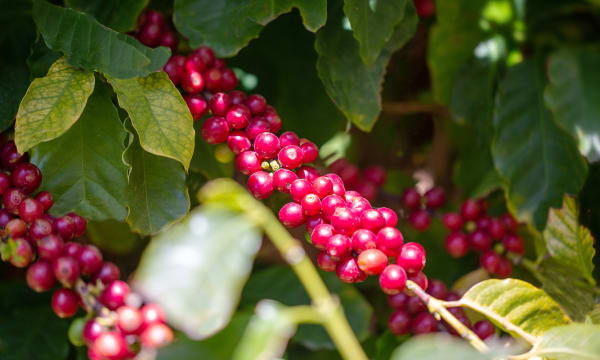As climate change shifts fertile land to new terroirs, clever growers are turning to technology that is advanced but also ancient to optimize for a sustainable crop.
In Calabria, Italy, farmers are harnessing solar power to protect their climate-stressed lemon and citrus trees. Literally, in fact: Antonio Lancellotta and his father Mario grow their citrus trees beneath their solar farms. The practice, called agrivoltaics, allows farmers to collect solar power and protect their crops from harsh sun exposure, benefitting people and planet in one sunny landscape.
Small farmers and gardeners in Arizona are switching to indigenous farming methods in order to continue growing crops amidst a long, enduring drought. After the government cut water allotments from the drying Colorado River, many residents are adapting their lawns to use less water and grow more produce. Gardeners are using permaculture techniques such as drip irrigation, composting, and rainwater collection to support their carefully curated ecosystems of plants, fruits, trees, and livestock. The collective effort has forged communities of people of all ages, races, economic standpoint, and political background, uniting a diverse group of constituents behind one common cause.
Similarly, growing numbers of farmers across the world are revisiting an ancient Italian practice to combat drought and harsh heat this summer, raising livestock in pastures lined with trees in a cooperative ecosystem that benefits flora and fauna. In silvopasture, fallen fruit, grass, and trees feed livestock, whose waste then acts as manure to fertilize the trees, and that cycle continues. Additionally, the trees protect the animals from the harsh sun and weather due to changing climate conditions.



